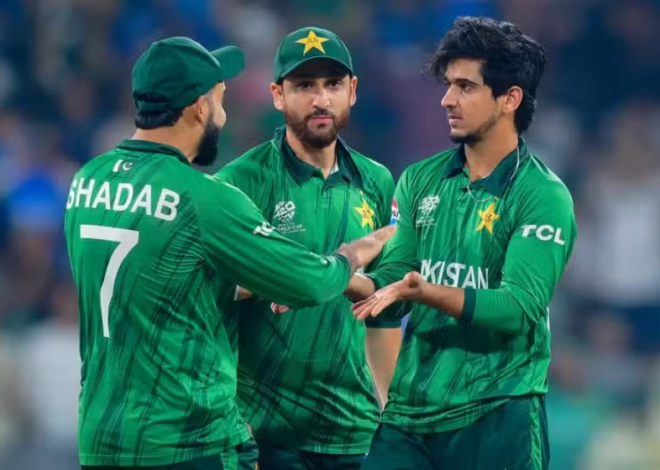
Shots fired across Line of Control: Is Kashmir heading toward crisis again?
Kashmir’s fragile peace shattered again as gunfire echoed across the Line of Control (LoC) for the second consecutive night, signaling a sharp escalation between India and Pakistan. Indian military officials reported late Saturday that Pakistani forces launched “unprovoked” attacks from multiple posts, prompting a retaliatory response.
Pakistan denies ‘firing at Line of Control’ allegations
While no casualties have been confirmed, the renewed hostilities come at a time of heightened suspicion and anger following a deadly assault earlier this week. On Tuesday, gunmen opened fire near Pahalgam, a popular tourist hub in Indian-administered Kashmir, killing 26 — most of them Indian tourists. New Delhi swiftly pointed fingers at Pakistan, an allegation Islamabad has firmly denied.
Pakistan’s Prime Minister Shehbaz Sharif has called for an independent international probe into the Pahalgam killings, seeking to counter India’s accusations. Meanwhile, a shadowy outfit calling itself the “Kashmir Resistance” has claimed responsibility, though doubts linger over the group’s credibility.
The fallout has been immediate and severe. India suspended the Indus Waters Treaty, a landmark water-sharing pact, and closed its only active land border crossing with Pakistan. In retaliation, Pakistan canceled Indian visas, shut down its airspace to Indian airlines, and froze bilateral trade. The ripple effects were seen at the Wagah border, where citizens from both countries scrambled to return home.
Adding fuel to the fire, Pakistan’s Information Minister warned that any interference with Indus River waters would be considered an “act of war,” raising serious concerns over regional water security amid ongoing drought conditions in parts of Pakistan.
As fears of a broader conflict rise, Iran has offered to mediate, calling both India and Pakistan “brotherly nations” with shared historical ties. Iran’s foreign minister urged calm and dialogue, while US President Donald Trump, speaking from Air Force One, acknowledged the rising tensions but refrained from offering direct intervention.
The United States and Gulf nations are closely monitoring the developments, with American intelligence chief Tulsi Gabbard voicing strong support for India. Meanwhile, senior diplomats from Saudi Arabia and Iran have engaged Islamabad to discuss ways to ease the crisis.
Despite a 2021 ceasefire that had held for years, the bloodstained history of Kashmir reminds the world how quickly old wounds can reopen. With two nuclear powers standing on a knife’s edge once more, the global community watches anxiously.
Also, see:
India Blocks Pakistan Government’s X Account Following Pahalgam Attack







